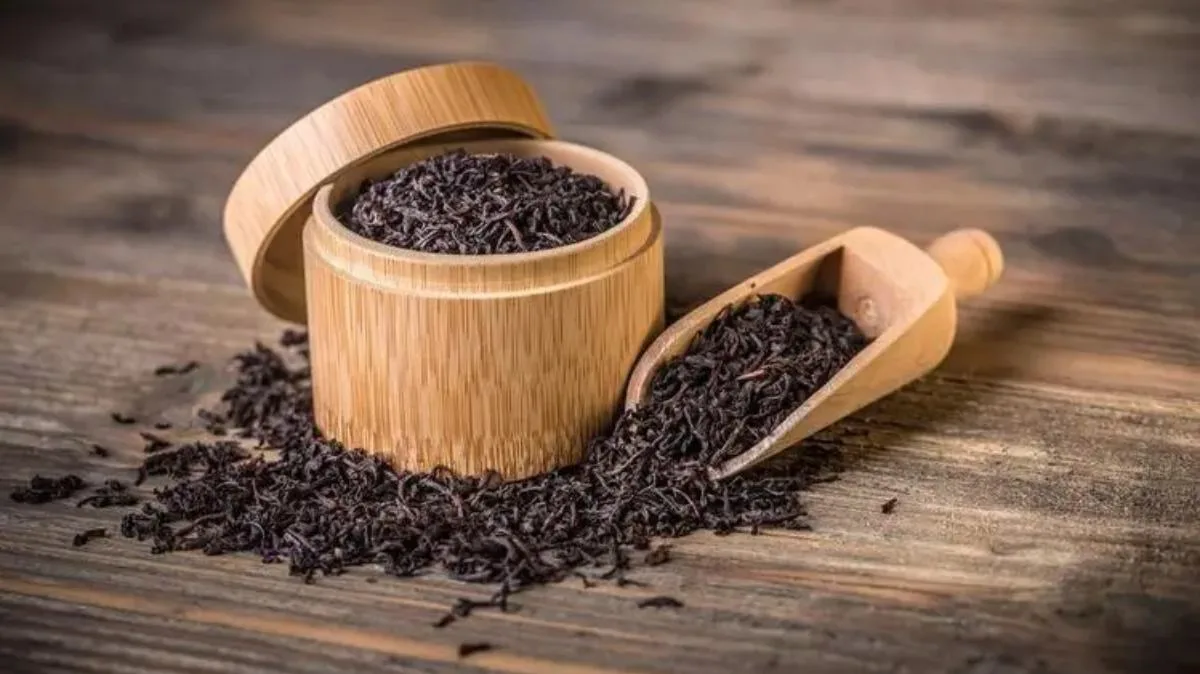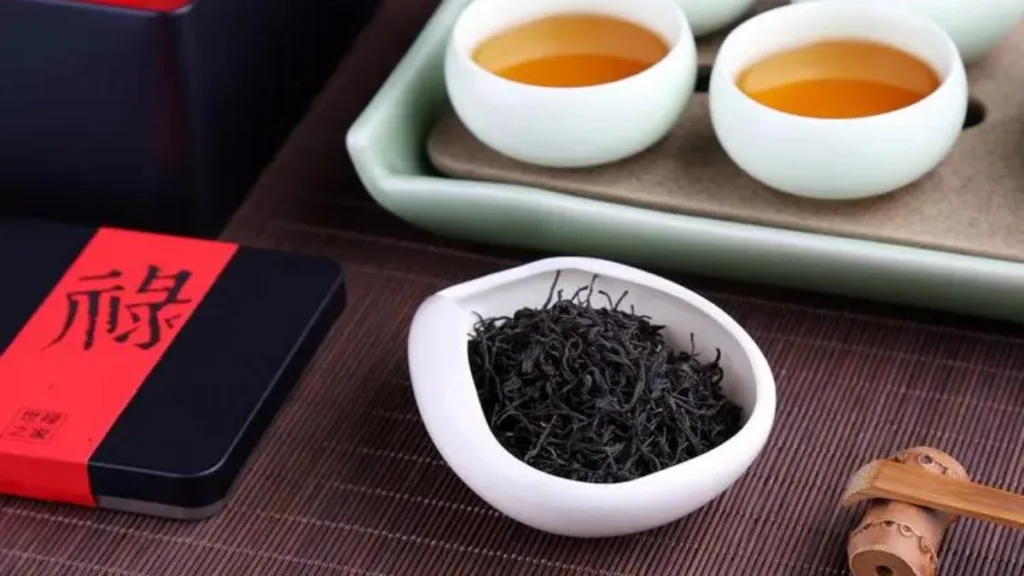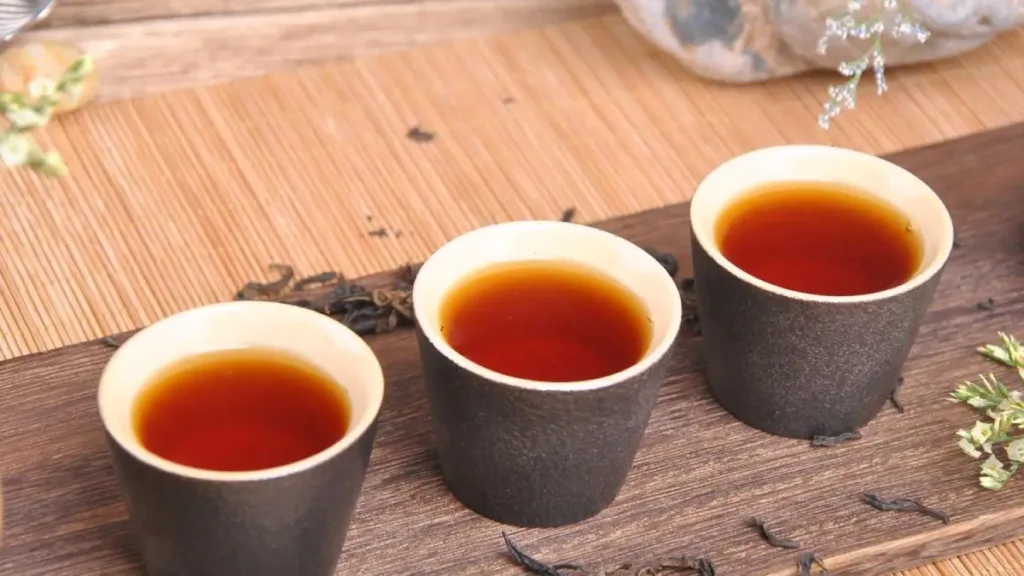The potential anti-inflammatory and antibacterial properties of black tea have been subjects of interest and inquiry. Black tea, with its rich history and cultural significance, contains various beneficial compounds that may contribute to improving overall health. While black tea is renowned for its antioxidant properties, its role in regulating metabolism and potential benefits in managing blood sugar and lipid levels are widely acknowledged in traditional Chinese medicine. However, the specific claim of black tea’s ability to combat bacterial infections, including the novel coronavirus, lacks clear scientific evidence.
Black Tea’s Effects and Benefits
- Anti-Inflammatory and Antibacterial Properties: Black tea contains polyphenolic compounds known for their anti-inflammatory effects. Experimental studies have shown that catechins, a type of polyphenol in tea, can bind to single-celled bacteria, causing protein coagulation and inhibiting or eliminating pathogens.
- Diuretic Effects: The combination of caffeine and aromatic substances in black tea increases renal blood flow, enhances glomerular filtration rate, expands renal microvessels, and inhibits water reabsorption in renal tubules. This results in increased urine production, facilitating the elimination of lactate, uric acid (related to gout), excess salt (related to hypertension), harmful substances, and mitigating edema caused by heart disease or nephritis.
- Elimination of Bad Breath: Black tea contains essential oils that contribute to its rich aroma. Additionally, its strong antibacterial properties make it effective in reducing oral bacteria and combating bad breath when consumed regularly or used as a mouthwash.
How Black Tea Assists in Inflammation and Bacterial Infections:
- Rich in Nutrients: Black tea is a source of various nutrients that can benefit the body when consumed in moderation, providing a supplement of essential components.
- Polyphenolic Compounds for Inflammation: The polyphenolic compounds in black tea, particularly catechins, have demonstrated anti-inflammatory effects. Experimental findings indicate that catechins can interact with single-celled bacteria, inhibiting and eliminating pathogens.
- Complementary Role: While black tea may have anti-inflammatory and antibacterial properties, it is essential to recognize that it cannot serve as a standalone treatment for diseases. Its role is supplementary, and individuals experiencing discomfort should seek timely medical attention.
Benefits of Drinking Black Tea in Summer:
In the summer, black tea’s anti-inflammatory and antibacterial properties become particularly relevant. The high concentration of tea polyphenols, natural compounds with potent anti-inflammatory and antibacterial effects, can aid in eliminating bacteria from the body. Summer is a season prone to inflammation, and regular consumption of black tea during this period may help reduce the occurrence of bacterial infections, especially those related to the gastrointestinal system.
Precautions and Contradictions:
Despite its potential benefits, there are certain populations and situations where black tea consumption should be approached with caution:
- Patients with Kidney Stones and Tumors: Individuals with a history of kidney stones or tumors are generally advised to limit black tea intake.
- People with Thick Coated Tongues, Bad Breath, and Red Eyes: These individuals should exercise caution as black tea may not be suitable for everyone.
- Anemic Individuals, Those with Mental Fatigue, and Insomnia: Black tea’s stimulating effects may exacerbate insomnia and worsen symptoms in those already experiencing mental fatigue.
- Women During Menstruation and Breastfeeding: It is advisable for women during menstruation and breastfeeding to avoid excessive consumption of black tea.
Precautions for Black Tea Consumption:
- Avoid Drinking Black Tea on an Empty Stomach: Consuming black tea on an empty stomach may dilute gastric juices, reduce digestive function, and increase the absorption of undesirable components from tea leaves. This can lead to symptoms such as dizziness, palpitations, and weakness.
- Caution During Special Periods: Drinking black tea, especially in concentrated form, during menstruation may induce or worsen premenstrual syndrome.
In conclusion, while black tea offers potential anti-inflammatory and antibacterial benefits, its role should be viewed as complementary to a balanced and healthy lifestyle. It is not a cure for diseases, and individuals experiencing discomfort or illness should consult healthcare professionals for proper diagnosis and treatment. As with any dietary choice, moderation and awareness of individual health conditions are crucial for making informed decisions.




